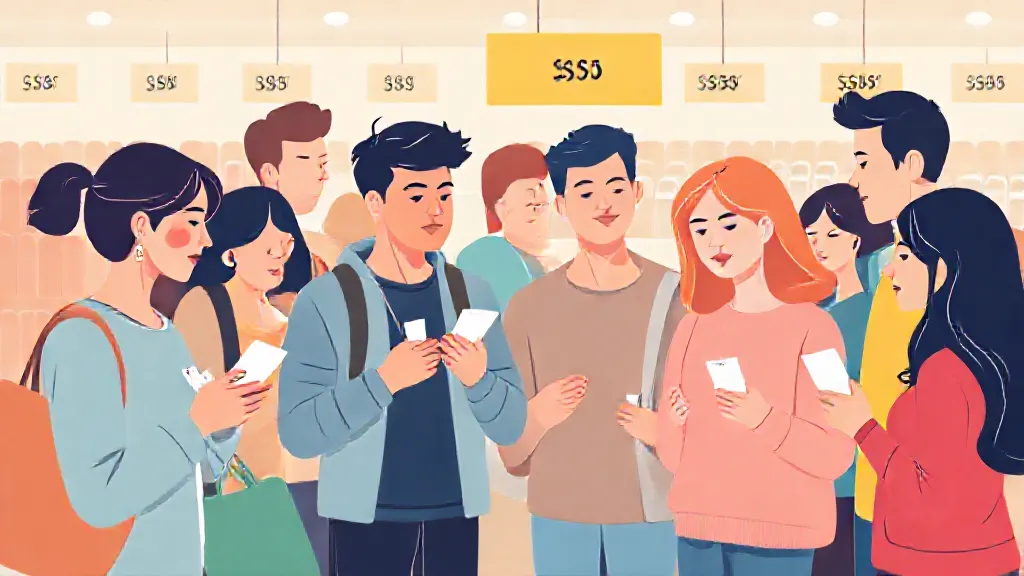Pricing psychology is a critical aspect of sales strategies that can significantly influence consumer behavior and purchasing decisions. This field of study delves into how various pricing techniques affect the perceptions and actions of potential customers. Understanding the principles of pricing psychology can empower businesses to craft strategies that not only attract customers but also maximize profits.
The Fundamentals of Pricing Psychology
At its core, pricing psychology examines the mental processes that consumers go through when evaluating prices. It encompasses a range of strategies, such as charm pricing (e.g.
, pricing an item at $9.99 instead of $10.00) and price anchoring (where a higher-priced item is presented alongside a lower-priced one to make the latter seem more appealing).
These techniques exploit cognitive biases, leading consumers to perceive value differently than they might in a purely rational evaluation. For instance, studies have shown that consumers tend to associate lower prices with lower quality, which can hinder sales if not managed properly.
The Role of Perceived Value in Pricing
Perceived value is a cornerstone of pricing psychology.
It refers to the worth that a product or service holds in the eyes of the consumer, which can be influenced by several factors, including brand reputation, marketing efforts, and the overall shopping experience. Companies that successfully communicate their product's value can often command higher prices, as consumers are willing to pay more for what they perceive as superior quality or unique offerings. For example, luxury brands like Rolex and Gucci leverage perceived value to justify their premium prices, creating an aura of exclusivity that appeals to their target market.
The Impact of Pricing Strategies on Consumer Behavior
Different pricing strategies can evoke varying emotional responses from consumers. For instance, promotional pricing can create a sense of urgency, prompting consumers to act quickly to avoid missing out on a deal. Conversely, premium pricing can enhance the desirability of a product by positioning it as a luxury item.
Research indicates that consumers often equate higher prices with higher quality, leading them to prefer more expensive options when making purchasing decisions. This phenomenon underscores the importance of aligning pricing strategies with the intended brand image and target audience.
Cultural Influences on Pricing Perception
Cultural factors also play a significant role in how consumers perceive prices.
Different cultures have varying attitudes towards pricing, discounts, and value. For instance, in some cultures, haggling is a common practice, and consumers expect to negotiate prices. In contrast, in cultures where fixed pricing is the norm, consumers may view discounts as a sign of poor quality.
Understanding these cultural nuances can help businesses tailor their pricing strategies to resonate more effectively with local markets.
The Psychological Effect of Discounts and Promotions
Discounts and promotions are powerful tools in pricing psychology. They can create a sense of urgency and encourage impulse buying, as consumers often fear missing out on a good deal.
However, it is essential for businesses to strike a balance; excessive discounting can erode brand value and lead consumers to expect lower prices in the future. Effective promotional strategies should be carefully planned to enhance perceived value without compromising long-term profitability.
The Importance of Pricing Transparency
In today's market, consumers are increasingly demanding transparency in pricing.
Hidden fees and unclear pricing structures can lead to distrust and deter potential buyers. Businesses that adopt transparent pricing practices not only build trust with their customers but also enhance their brand reputation. Clear communication regarding pricing can improve customer satisfaction and foster loyalty, as consumers are more likely to return to brands they perceive as honest and straightforward.
Leveraging Technology in Pricing Psychology
Advancements in technology have opened new avenues for businesses to implement pricing psychology effectively. Data analytics can provide insights into consumer behavior, allowing companies to tailor their pricing strategies based on real-time market trends and customer preferences. Additionally, dynamic pricing models, which adjust prices based on demand and competition, can optimize sales and maximize revenue.
Companies like Amazon have successfully employed such strategies, demonstrating the power of technology in modern pricing psychology.
Conclusion: The Future of Pricing Psychology in Sales
As the business landscape continues to evolve, the importance of pricing psychology in sales will only grow. Companies that understand and leverage these psychological principles will be better positioned to connect with consumers, enhance their brand value, and drive sales.
By recognizing the complexities of consumer behavior and the impact of pricing strategies, businesses can create more effective sales approaches that resonate with their target audience and lead to sustained success.
